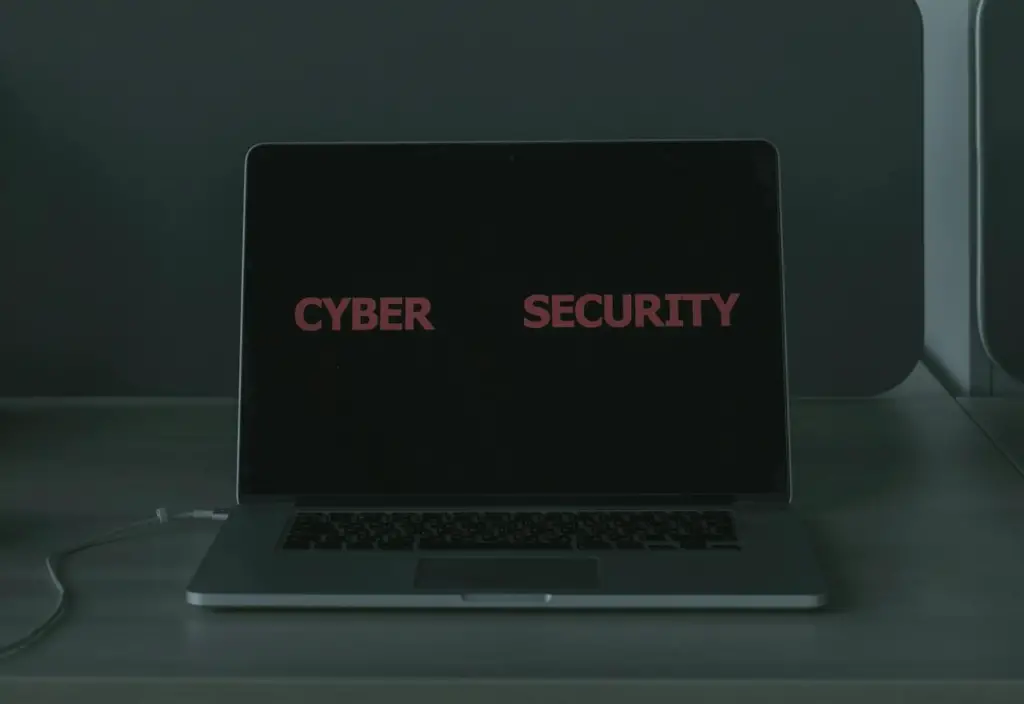As the landscape becomes more digitalized, the technology faces this cyber threat by turning to harder security on businesses. In an age of rapidly evolving cyber threats and a modern world that is more dependent on technology than ever before, securing your business’s digital assets has become paramount. Security of your business in a digital world is essential because you need to safeguard not just the sensitive data but also when it comes down trust-building with all that consumers and other stakeholders. So in this guide, we will be discussing core measures that are helpful to keep your business safe and permanently available amid the digital sea.

1. Put Strong Cybersecurity in Place:
Implement next-generation firewalls, encryption protocols, and intrusion detection systems to safeguard the network from unauthorized access, be sure to keep your software and systems up-to-date to patch/update vulnerabilities that can be exploited.
Also, put access controls in place to limit only those authorized to sensitive data. It is equally important to train your employees on the basic practices of cybersecurity awareness, including password strength and phishing.
2. Perform Regular Security Audits:
As such, arranging routine security audits is necessary to remain secure. These audits also help you to find potential loopholes and identify if your security countermeasures are working effectively.
For instance, an ot security assessment can holistically evaluate your operational technology systems and identify any potential vulnerabilities that are easy for cybercriminals to exploit. Regular assessments of risk are essential to be able to predict and take action before a threat becomes dangerous.
3. To Protect the Data of a Customer Using Encryption:
Keeping customer data safe is not just a legal obligation, but an essential part of any business that wants to remain trusted. One of the best techniques for protecting confidential data is encrypting data at rest and during its transmission to keep it out of reach from unwanted people. Secure your payment processing systems that conform to industry standards like PCI DSS which help protect customers’ financial information.
4. Create a Robust Incident Response Plan:
Even if we spend a fortune on security, it is very important to have an incident response plan. A full incident response plan catalogs the moves that need to be taken during a security occurrence, lessening potential harm to your empire.
These procedures should be compiled into a plan designed to identify the breach, contain the threat, and exorcise it, in addition to recovering from within. You should also communicate with all affected parties (customers, partners, and regulatory bodies) in a timely and transparent manner. Test your Incident Response plan regularly, in case it is not the updated one.
5. Keep Up To Date with New Threats:
The digital landscape is an everchanging beast, and new threats continue to appear. Keeping up-to-date with the current cybersecurity trends and threats will also help keep your business safe.
Stay alert — subscribe to cybersecurity news sources, attend industry conferences, and participate in training programs. Arming yourself and staying informed of new threats will make your business harder to infiltrate.
In conclusion, ultimately, ensuring your business is safe in the digital world calls for a cohesive strategy that incorporates strong cybersecurity practices with monitoring security assessments data protection incident response preparation, and continuous education. Utilize these tactics to protect your business from cyberattacks, and secure its survival in the long run.










